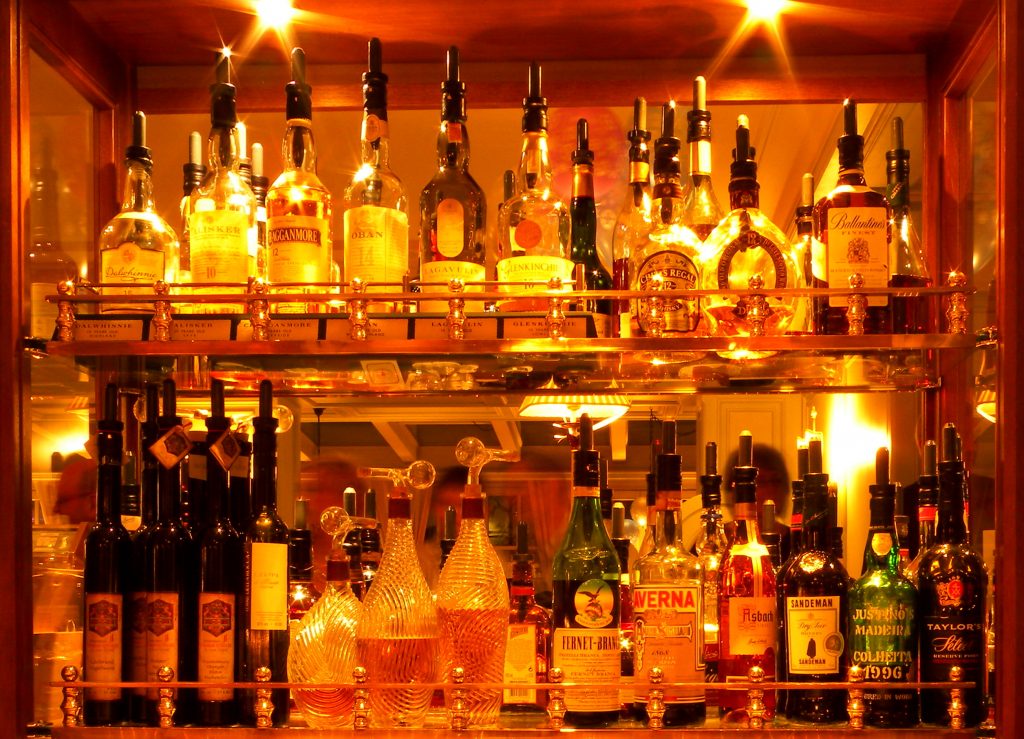Blog

Delaware Court Rules That Liquor Liability Exclusion Defeats Coverage For Catering Facility Where Alcohol Is Served By Third Party
/ 28.Dec, 2016A Delaware Superior Court has held that the Liquor Liability Exclusion of the Commercial General Liability Policy defeats coverage for a negligence claim stemming from the intoxication of a minor decedent at an insured catering hall even though the insured did not hold the liquor license and did not dispense alcoholic beverages. Harleysville Preferred Insurance Co. et al v. Executive Banquet and Conference Center et al, C.A. No. N15C-07-068 (Del. Super. Nov. 21, 2016). This insurance coverage action related to a personal injury action brought against the catering facility by the family of an underage college student, who consumed alcohol at a “Greek” social event hosted at the facility, became intoxicated and then was subsequently fatally struck by a motorist. The catering facility leased the premises from a union local that held the liquor license and engaged bartenders to serve alcohol at catered events.
The Liquor Liability Exclusion removes coverage for a bodily injury claim where the insured may be held liable for causing or contributing to the intoxication of a person, furnishing alcohol to a minor or for the violation of a dram shop statute. The exclusion applies if the insured is in the business of manufacturing, distributing, selling, serving or furnishing alcoholic beverages.
The Delaware court held that the insured was in the business of “furnishing” alcoholic beverages notwithstanding the fact that the caterer did not dispense alcohol or retain the proceeds of beverage sales. The key factors for the court’s decision were that the catering facility held itself out to the public and clientele as providing bar service, that it had been hired by the fraternal organization to host the event including the provision of bar service, that it exclusively dealt with its customers regarding bar service options and that the bar service was integral to the financial success of the catering business.
The Delaware court, applying the legal standard that an insurance policy provision should be given its ordinary and usual meaning, held that “to furnish” is “to supply” or “to make available for use”. The fact that the caterer engaged the local union to store the alcohol and serve drinks did not detract from the fact that it furnished the alcohol to its clientele. For this reason, the caterer was in the business of furnishing alcoholic beverages within the meaning of the Liquor Liability Exclusion and was not simply a “social host”.
The more recent 2013 ISO CGL Policy contains a clarification for BYOB establishments that allow for persons to bring alcohol onto the premises for consumption whether or not a (corking) fee is charged or a license is required, which will not be considered as selling, serving or furnishing alcohol. For those establishments that contract with vendors to supply alcohol, the insured should secure liquor liability coverage.
The Insurance Practice Group of Swartz Campbell represented the insurer in the Executive Banquet case. Questions regarding the decision may be directed to William T. Salzer: wsalzer@swartzcampbell.com or (215) 299-4346.

Comments